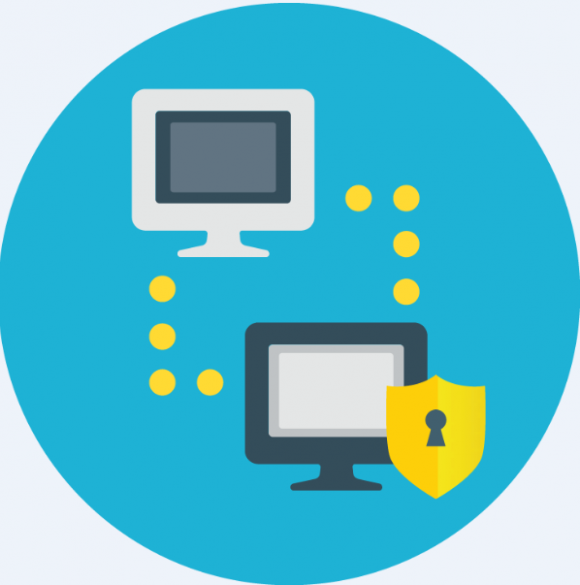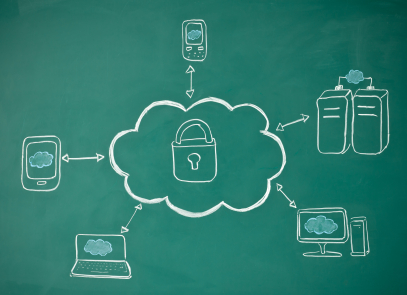Dual-Use Software Criminal Case Not So Novel

Credit to Author: BrianKrebs| Date: Tue, 04 Apr 2017 18:41:33 +0000
“He built a piece of software. That tool was pirated and abused by hackers. Now the feds want him to pay for the computer crooks’ crimes.” The above snippet is the subhead of a story published last month by the Daily Beast titled “FBI Arrests Hacker Who Hacked No One.” The subject of that piece — a 26-year-old American named Taylor Huddleston — faces felony hacking charges connected to two computer programs he authored and sold: An anti-piracy product called Net Seal, and a Remote Administration Tool (RAT) called NanoCore that he says was a benign program designed to help users remotely administer their computers. The author of the Daily Beast story, former black hat hacker and Wired.com editor Kevin Poulsen, argues that Huddelston’s case “raises a novel question: When is a programmer criminally responsible for the actions of his users? Some experts say [the case] could have far reaching implications for developers, particularly those working on new technologies that criminals might adopt in unforeseeable ways.” But a closer look at the government’s side of the story — as well as public postings left behind by the accused and his alleged accomplices — paints a more complex and nuanced picture that suggests this may not be the case to raise that legal question in a meaningful way.
Read more
